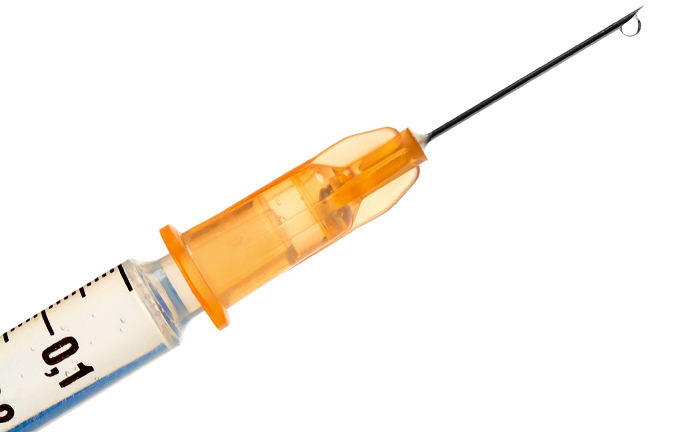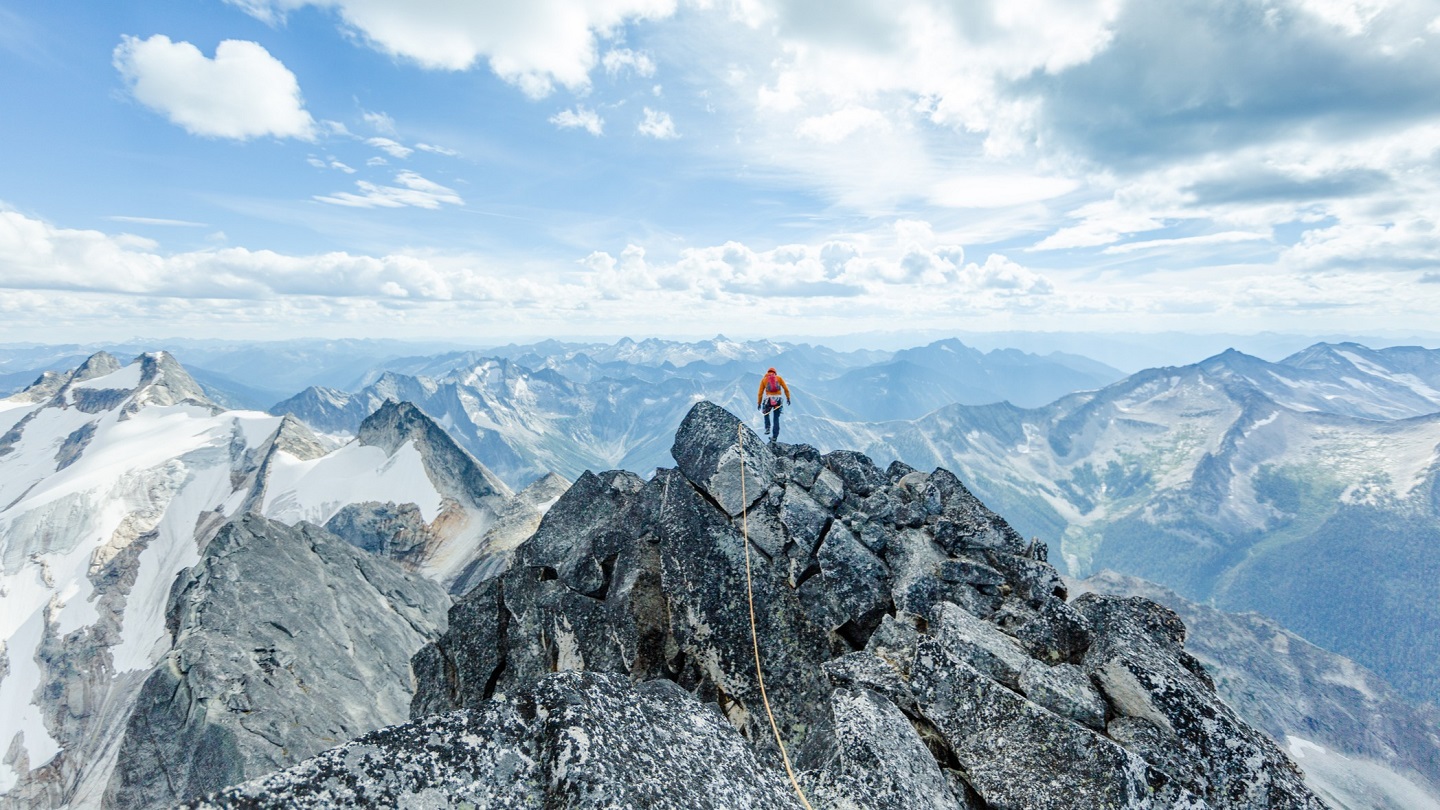Latest news

Updated 15 December 2025
Armed protests announced in Colombia
Ejercito Liberación Nacional announces its intention to undertake an armed protest from 14 December 2025 until 17 December 2025.

Updated 15 December 2025
United Kingdom changes entry requirements for dual nationals
If you’re a New Zealand citizen and also have British or Irish citizenship, from 25 February 2026 entering the UK will change for you.

Updated 04 December 2025
Measles Outbreak 2025
The Ministry of Health is strongly recommending all people travelling overseas to any destination are fully immunised against measles. If you have returned to New Zealand in the last 21 days, you should monitor yourself for symptoms of measles.
Emergency phone number
Call us if you need consular assistance. If your call is not an emergency, such as a death or arrest of a New Zealander overseas, you should call during New Zealand business hours, or get in touch with the local embassy.
Find a New Zealand embassy
New Zealand embassies, high commissions and consulates are there to help New Zealand citizens when they’re having difficulty overseas. If you need consular assistance during business hours in the country you have travelled to, contact an embassy.
Get ready to travel
When travelling, it’s always a good idea to plan for the worst and hope for the best. Here are some things to think about and get ready before you travel.
Destinations
Read our travel advice, or find an embassy for the country or territory you're travelling to.
Get ready to travel
Here are our top tips for being prepared for the unexpected when you’re travelling.
Passports and visas
Make sure you’ve got your travel documents ready for everywhere you’re travelling, before you travel.
Health
Protect the health of you and your whānau when you’re travelling overseas. Read about common infectious diseases you may come in contact with and how to prevent infection.
What you're doing
Whether you're going on a cruise, going on safari or travelling for a big sporting event, here's some advice to help you plan your trip.
What to do when things go wrong
Here is our advice for what to do when things go wrong while you are travelling, or there is an emergency or disaster while you're travelling.

